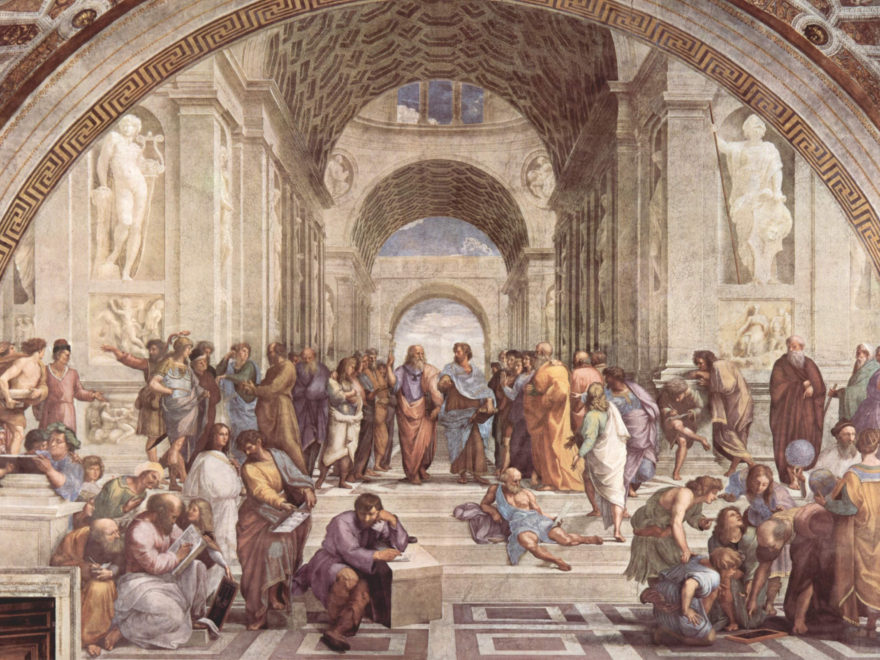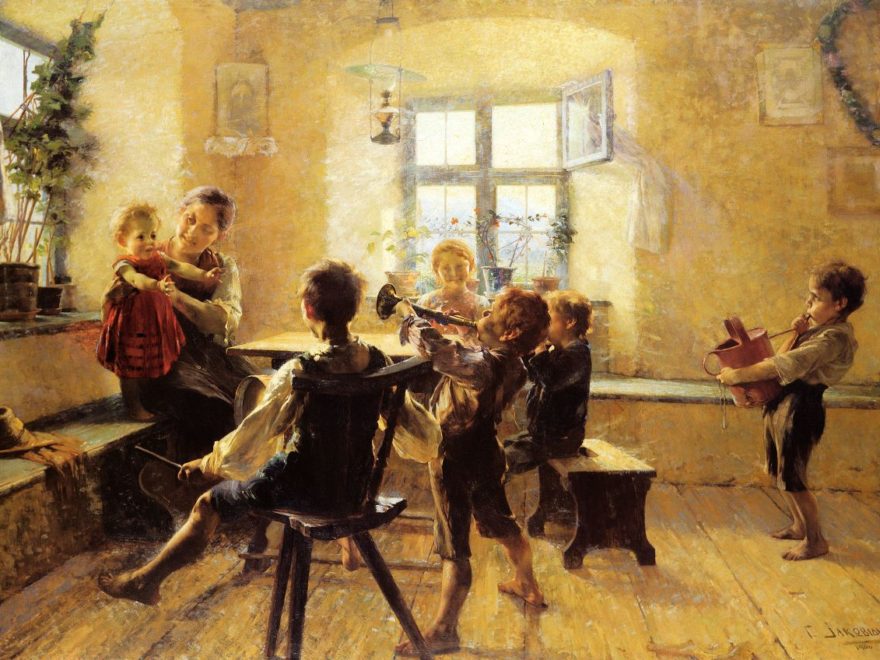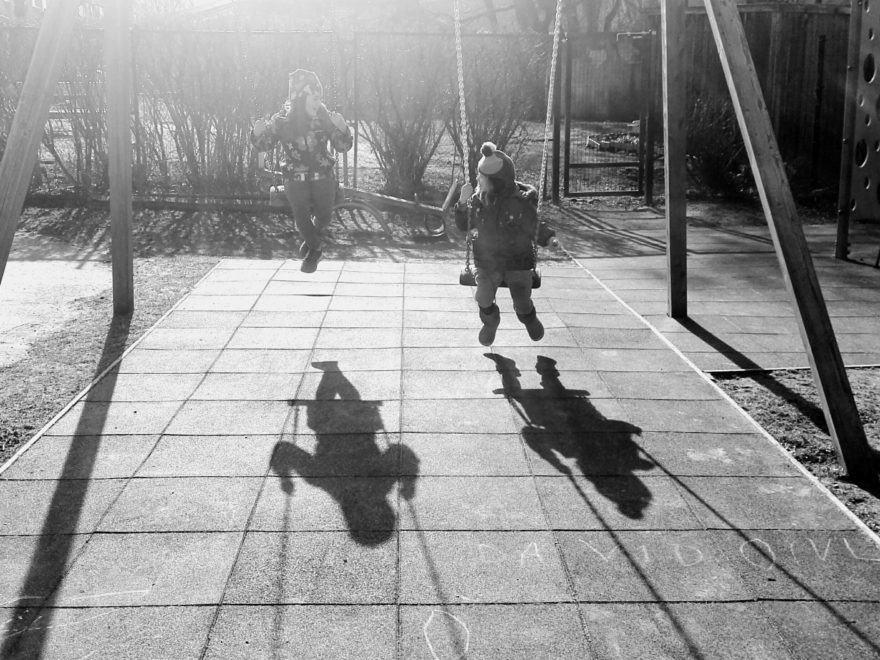Tag: education
-

Educating for a Christian Worldview in a Secular Age
In our secular age, there exists a plurality of options for how to think about complex questions. Take the question of what it means to be human, for example. For the biologist, to be human is to possess the DNA of the species Homo sapien. In contrast, for the eastern mystic, to be human is…
-

Three Premises for Teaching Theology
In March 1984, British missiologist Lesslie Newbigin delivered the Warfield Lectures at Princeton Theological Seminary on the topic of the gospel and western culture. In these lectures, which were later compiled into a book entitled Foolishness to the Greeks (Eerdmans: 1986), Lewbigin considers what would be involved in a genuinely missionary encounter between the gospel…
-

Building Ratio: Training Students to Think and Learn for Themselves
In 1947, medievalist Dorothy Sayers took the podium at Oxford University and delivered a lecture that would launch a referendum on modern methods of education. It took time, to be sure, but from our current vantage point in 2020, there is no doubt that her words left a sizeable imprint on the current educational landscape.…
-

20 Quotable Quotes from the First Half of 2020 Educational Renaissance
At the end of 2019 we shared a series of memorable maxims from that year’s blog articles. As we transition toward the next half of 2020, we thought we’d do something similar and share 20 Quotable Quotes from Educational Renaissance articles January through June. These are longer block quotes that will whet your appetite for…
-

“Teach Like a Champion” for the Classical Classroom, Part 2: Teacher-Driven Professional Development
There are two general approaches to professional development in education, one that is supervisor-driven and the other that is teacher-driven. In the supervisor-driven approach, the principal or dean is the primary driver for teacher development. The principal sets the goals, schedules observations, provides feedback, and identifies future growth areas. The strength of this approach is…
-

Education is Life: A Philosophy on Education
The study of education is the study of life. At least that’s the way it should be. Too often educational thought seeks precision in the use of the techniques and technology brought into the classroom. Have one’s lesson plans fully articulated all of the learning objectives spelled out in the curriculum? What is the new…
-

Renaissance Education: Looking to the Past to Chart a Course for Education Today
Education in the Renaissance centered around a rediscovery of lost ideas leading to a rebirth of civilization. Looking back to Renaissance education provides insight into our own age as we reclaim the great texts and ideas lost over the past decades through waves of progressive educational reform. Rediscovering a World of Ideas Prior to the…
-

Rules for Schools?: An Interaction with Jordan Peterson’s 12 Rules for Life (Part 2)
Last week I wrote part 1 of my interaction with Jordan Peterson. Here is part 2, grouping several of his 12 rules for life. Discipline is one of the hardest aspects of life as a teacher. Discipline for parents can be quite difficult. But discipline is even harder when you are dealing with other people’s…
-

Practicing Education: Growing in the Art of Teaching
When I was a child I did gymnastics, and one of the most fundamental aspects of gymnastics is practice. We practiced skills and routines, we stretched and we worked out for hours, far longer than the average sports team practices. Where your average soccer team practiced an hour or an hour and a half a…
